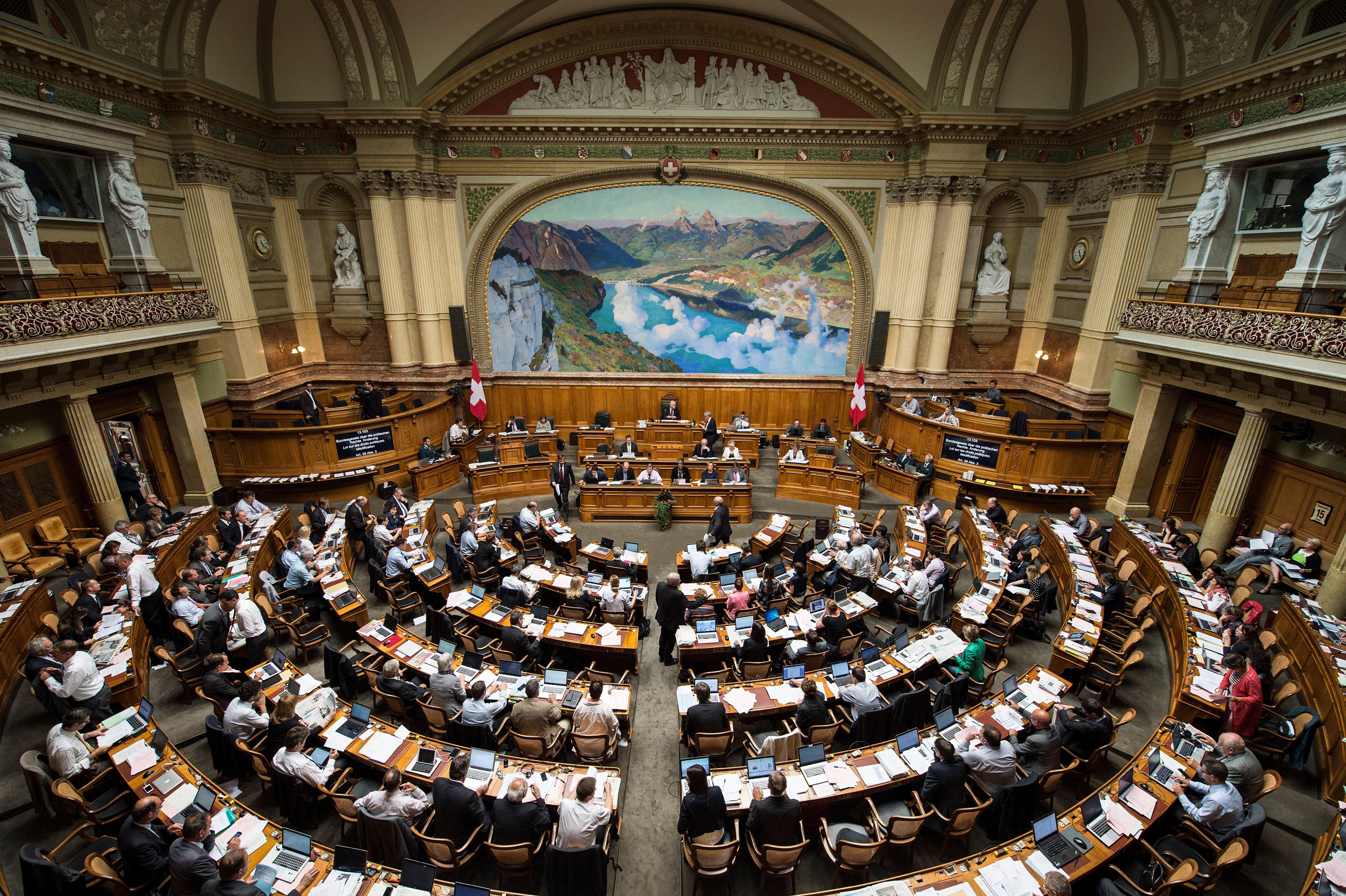Swiss voters give themselves extra month’s pension in nationwide referendum
At leats 58 per cent of voters back the extra month of pension

Citizens of Switzerland voted decisively to increase pension payments for the elderly in a nationwide referendum on Sunday amid concerns about the rising costs of living.
At least 58 per cent of the voters backed the extra pension, a 13th payment per year, while less than 42 per cent voted against it, according to provisional official results published by the government.
Switzerland's maximum old age pension is 2,450 Swiss francs (£2,191) for individuals and 3,675 Swiss francs (£3,286) for couples, which the citizens argue is not enough to sustain in the country.
The measure, which was promoted by the Swiss Trade Union Federation and left-of-centre parties, also needed the backing of a majority of Switzerland's 26 cantons to pass. Most supported it, with opposition strongest in lower-tax cantons.
"This step is really a huge milestone from a union perspective," Lukas Golder of polling firm gfs.bern told SRF.
The government, business lobbies and the right-leaning parliament, had rejected the proposal as financially unsound. Swiss voters have in the past been cautious about backing measures viewed as risky for business.
Authorities argued that the pension would cost more than 4bn Swiss francs (£3.58bn)a year, which would require tax increases.
Following Sunday’s vote, interior minister Elisabeth Baume-Schneider said “democracy is alive and kicking in Switzerland”.
“The government has provided all the elements and the arguments,” she said, adding “there will be a price to pay”.
The pension vote contrasts with referenda in recent decades in which Switzerland rejected proposals that would have shortened the working week and given people more holidays.
Concern about the cost of living is widespread in the wealthy country, with Zurich being tied with Singapore as the world's most expensive city in a study published in November by the Economist Intelligence Unit.
Mery, a 65-year-old Zurich voter, said increased pension payments made sense. "I'm retired now and so obviously I would like a bit more," she said, declining to give her full name.
"It should allow me to give a little something to my grandchildren."
It is not clear how the pension boost, which should take effect from 2026, will be funded. Opponents say it could spark tax hikes or spending cuts, and weigh on younger Swiss.
Switzerland's Greens Party celebrated Sunday's "significant victory... for the many retirees who will see their situations improve".
The Swiss also voted on a separate initiative to raise the statutory retirement age, which was comfortably defeated.
Additional reporting by agencies.
Join our commenting forum
Join thought-provoking conversations, follow other Independent readers and see their replies
Comments
Bookmark popover
Removed from bookmarks